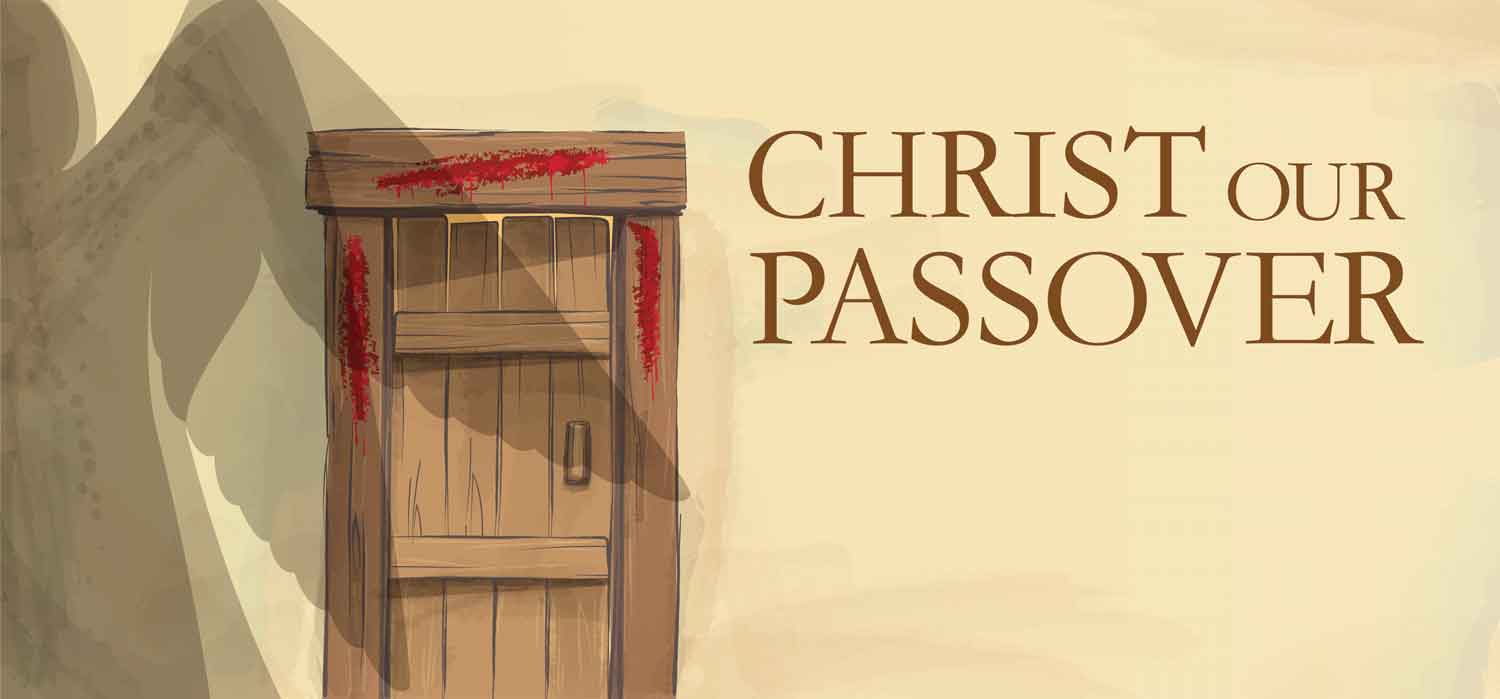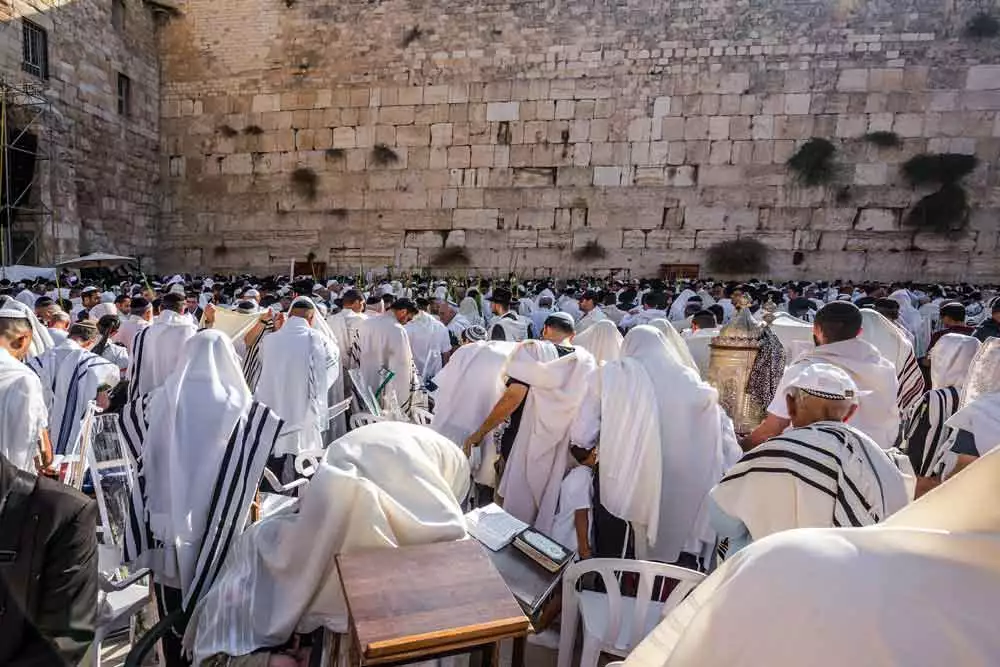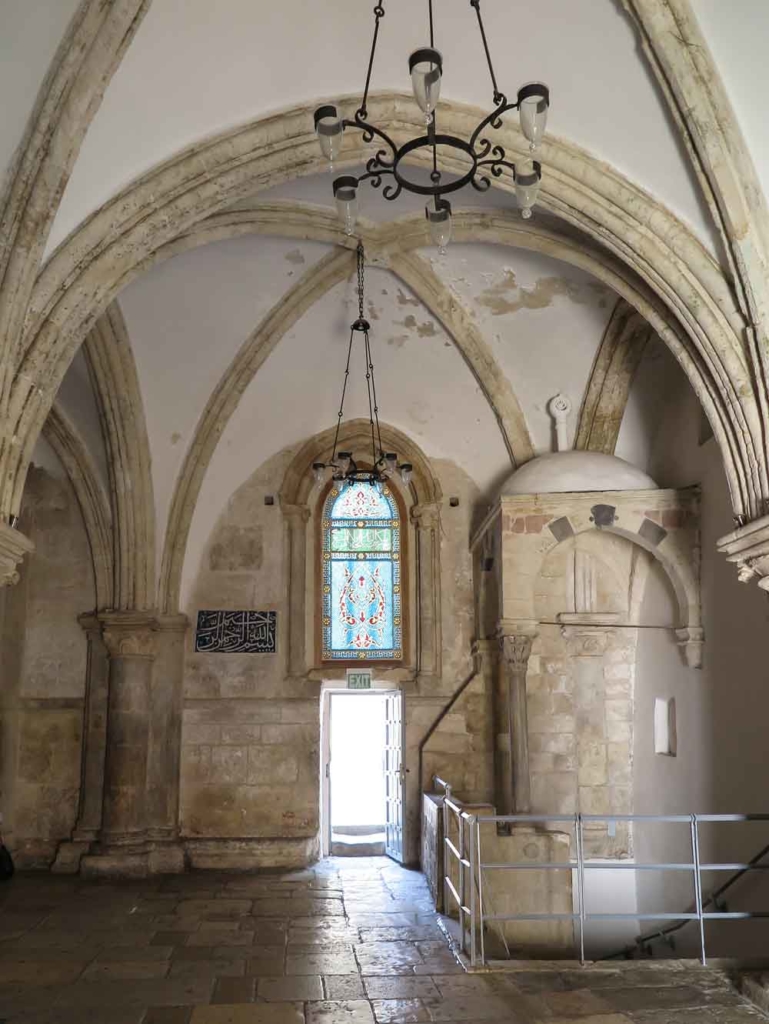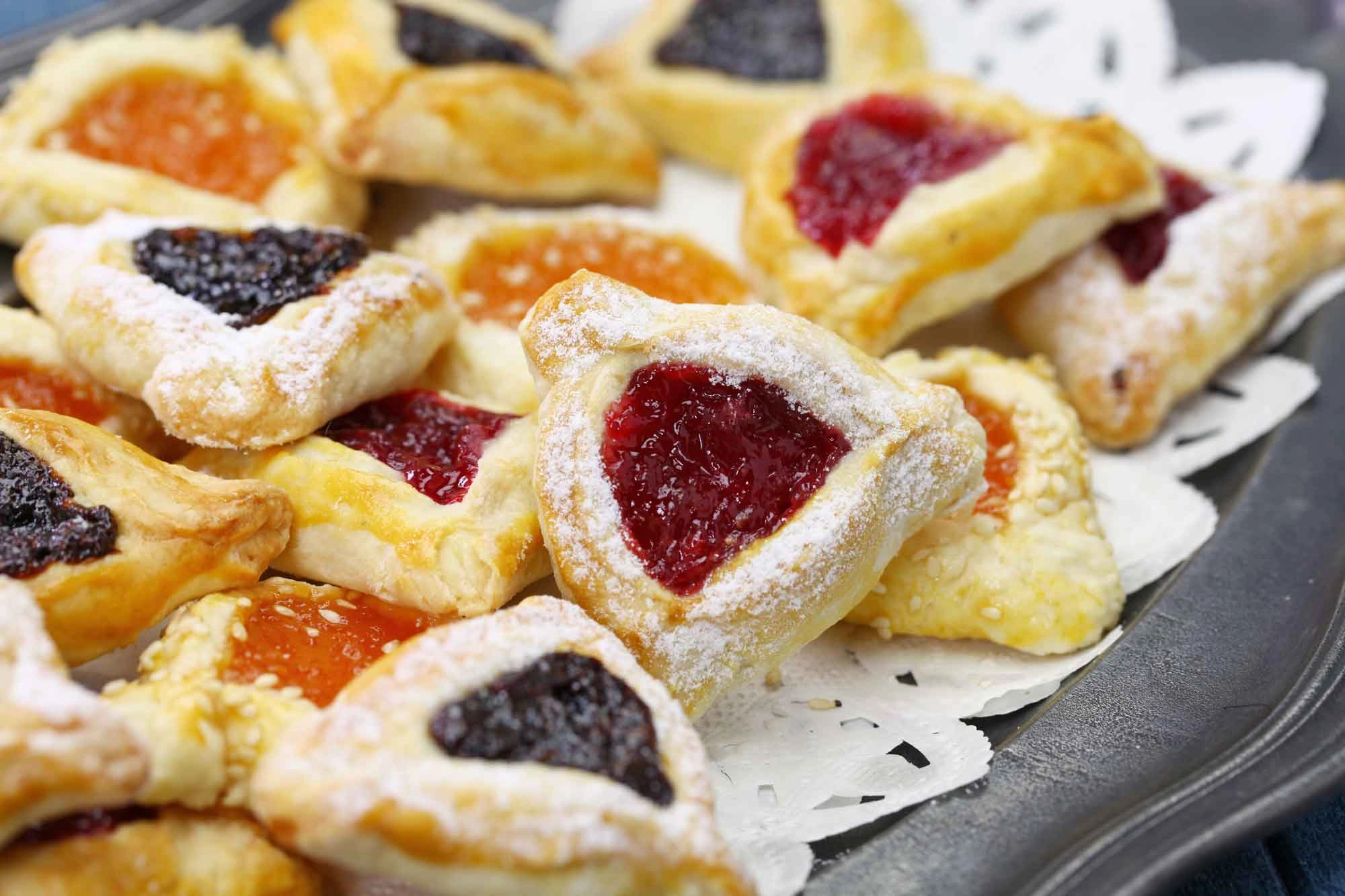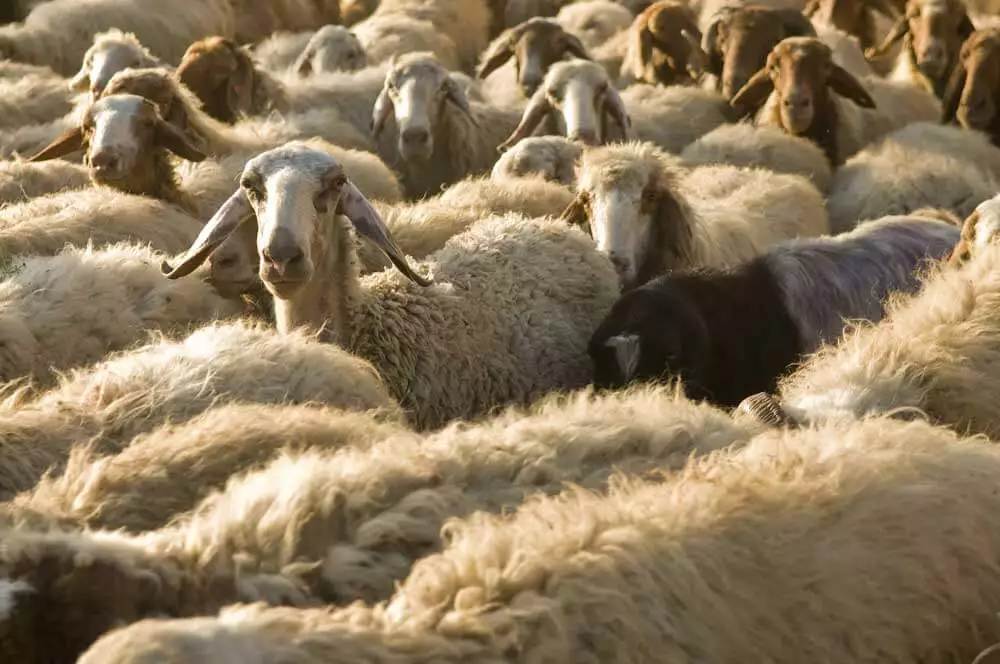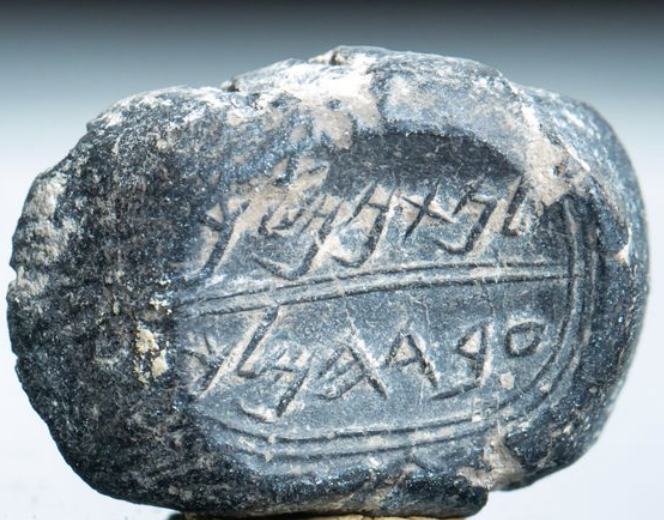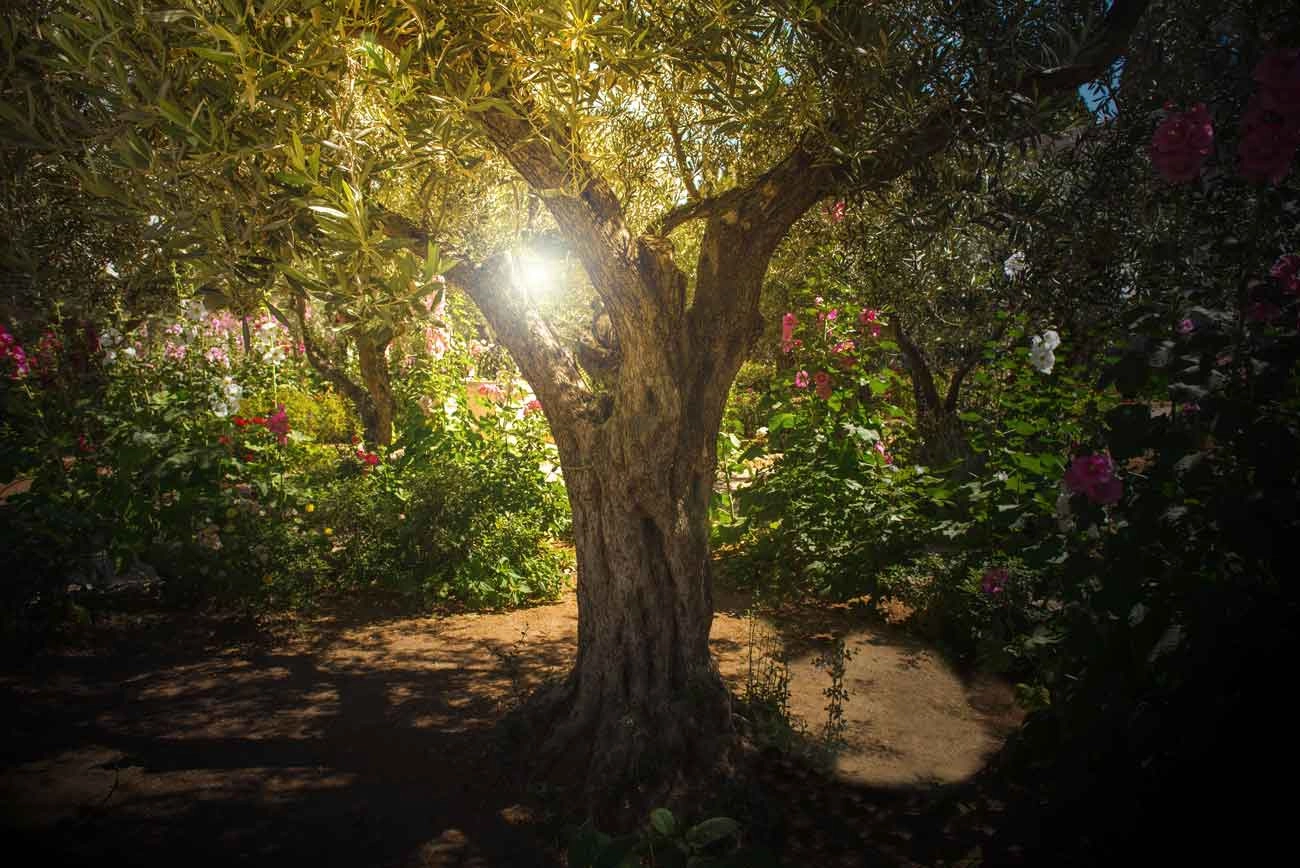It is no secret that Israel, like the rest of the world, is in the midst of the historic coronavirus pandemic that has put the world’s population on lockdown. This comes at a time of great significance for Israel and the Jewish people and all believers in the Lord, Holy Week.
Holy Week
Holy Week begins with Palm Sunday and then the beginning of Passover which lasts 7 days, Maundy Thursday, Good Friday and Resurrection Sunday. Typically this is the busiest week in Jerusalem as Jews and Christians converge. This year the city, like much of the world, is not its normal self. The Kotel (Western Wall) and the Via Dolorosa are quiet. The City of God is quiet.
What isn’t quiet is God. His promises are never changing. “I am the Alpha and the Omega,” says the Lord God, “who is, and who was, and who is to come, the Almighty.” Revelation 1:8
Just as He and His promises are never changing, so is our need to honor, remember and worship. Passover and Easter will go on no matter the circumstances! While you may think of them as being exclusively Jewish or Christian, the two are very intertwined.
Passover
Passover is the celebration of God’s sparing of the first born children of the Israelites during the last of the 10 plagues, the plague of the death of the first born. This plague came after Moses, had approached Pharaoh and demanded he let the Israelites leave their bondage. When Pharaoh refused, God issued a series of plagues on the land. These plagues included; water turning to blood, frogs, gnats, flies, disease of livestock, boils, hail and fire, locusts (which would have destroyed the crops, like it currently is in parts of the Middle East) and finally, the death of first born children.
The Lord instructed the Israelites to mark their doorposts with the blood of a non-blemished one-year-old male lamb or goat. This would mark the house for the Lord to “pass over” with the plague of death. When the morning came and the death was discovered throughout the land, Pharaoh relented in grief and told the Israelites to leave.
Before the final plague had even taken place, God instituted and commanded the yearly commemoration of Passover forever. In Exodus 12:14-28, God gave the instructions for how they were to mark Passover as a lasting ordinance. These instructions include removing all yeast from your home for 7 days and eating only unleavened bread. Jewish people must also hold a sacred assembly on the first and last night.
The Passover Seder, that takes place on the first night of Passover (the 14th day of Nissan) is a special time for Jewish family gatherings around the world. This wonderful time is used to pass the story on from generation to generation that they will never forget what God did for them. In this time families tell the story of the Exodus and discuss it within the family. They drink four cups of wine, sing songs and prayers, and eat special symbolic foods.
The foods on the Passover Seder plate include bitter herbs, a hard-boiled and roasted egg, a vegetable, a sweet brown mixture (to represent brick mortar used by the Israelite slaves, and a piece of meat on the bone to represent the sacrificial lamb.
Connection of Passover and Easter
God never does anything by accident and coincidence and the institution of the Passover observance is no exception. You can not fully understand the events that led to Jesus’ death and resurrection without understanding Passover and significance of their connection. The way of the Messiah was being established at the time of the Passover celebration being established way back in Egypt.
Jesus was entering Jerusalem for the celebration of Passover. That was his reason for going to Jerusalem and why so many were also in town to usher in his victorious entry on what we now refer to as Palm Sunday. There were likely many people there from the Galilee and other areas who had heard his teaching before and would have filled less aware people in on the excitement surrounding this radical rabbi. You can walk down Palm Sunday road today down from the Mt. of Olives on your next visit.
When Jesus ascended the southern steps, (which you can still do on the very same steps today!) he then entered the Temple and found the money changers and merchants. This would have been in relation to people buying sacrifices for their Passover Temple sacrifice.
The Last Supper which was held on what is now called Maundy Thursday (maundy is from a Latin work for “Command”) is a day full of contemplation as Jesus knew his time was coming very soon. This was very likely a gathering of Jesus and his disciples to share a Passover Seder as spoken of in Mark 14:12. The Passover celebration was instituted by God to the Israelites, but now on the same night Jesus instituted a new practice, that of communion. This is commemorated at the “Upper Room” or “Cenacle” where the Last Supper traditionally took place in Jerusalem.
Jesus would have eaten unleavened bread as it was the start of the Festival of Unleavened Bread, which is why today many churches still utilize unleavened bread for communion. There is some controversy as to if it was a seder meal or not due to John’s exclusion of this detail in his account, but the synoptic gospels (referred to this due to the similar nature of Matthew, Mark and Luke) state that it was.
Passover in the time of the Temple, which was located on the Temple Mount, required a sacrifice, a 1 year old male lamb or goat without defect, just as was required during the time of Moses to avoid death in the plague. This was a precursor to Jesus serving as the ultimate sacrifice for our sins to save us from death (1Corinthians 5:7). Hallelujah!
We hope that you have a beautiful and meaningful Holy Week full of contemplation of God’s full story or redemption and love for us all. Blessings to you!

